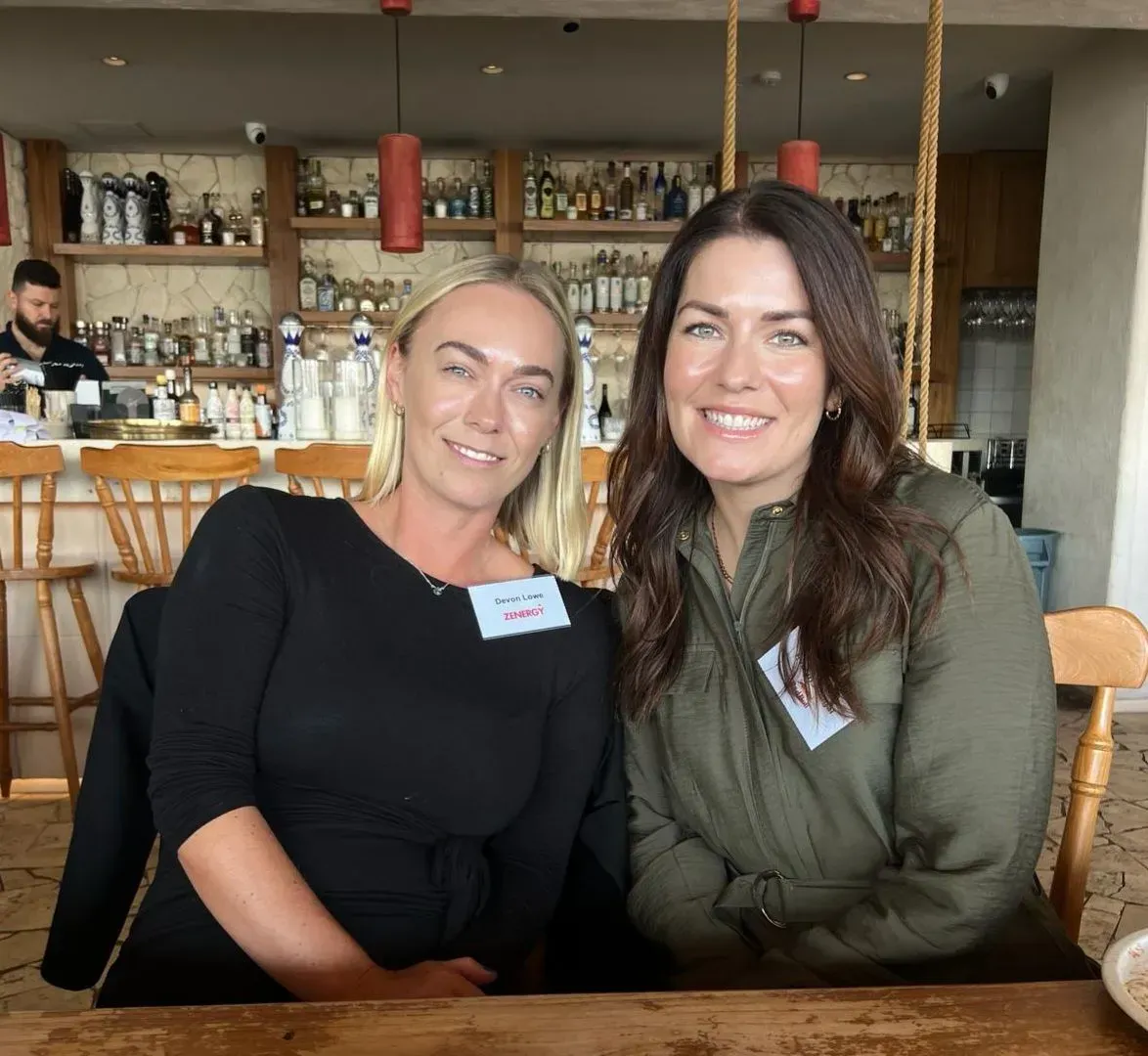Zenergy Insight Series - Evelyn Dougal (Redbull)

Evelyn Dougal - Redbull
The Zenergy Insights series, now in its 5th year, is an interview series where we highlight and profile leaders in the health, safety & sustainability industry in Australian workplaces.
Originally hailing from North West Ireland, Evelyn relocated to Australia almost 10 years ago. She has been responsible for safety and risk management in a range of industries including Manufacturing and Property and in 2023 joined Redbull as their Safety, Health, and Wellbeing Manager for Australia.
Evelyn it is great to sit down today, we appreciate you taking the time out to share your views with our readers.
Back to the beginning, how did you become a WHS Professional?
Like many in the WHS profession, it was originally unintentional, it was a career change when I moved to Australia in 2016, before this I was working in the Pharmaceuticals industry in Ireland. I got my first position in Sydney supporting a WHS Team within a large property management company and I really enjoyed it. It was more people centric and allowed me to use my problem solving, analytical and communication skills. I ended up extending and staying with the company for a year and that set me off on a career trajectory where I have recently been appointed to the exciting position with Redbull.
What factors are important for you to be good in your roles?
I have worked in operations in blue and white-collar industries and what has helped me in all areas is solid communication and interpersonal skills. Fundamentally speaking, I have built relationships throughout my career by simply being helpful. Where capacity exists, this would mean supporting teams or individuals beyond their expectations. This has bode well for me throughout my career and has been the foundation of my reputation in the past. These are the foundation to building relationships with employees at all levels and other stakeholders at business level for example contractors. In my experience, other important factors include strong influencing skills in order to get buy in and support for initiatives and of course keeping up to date with regulation and best practice.
You just mentioned ‘best practice’, what do you notice among ‘best practice’ organisations and how they manage risk?
For me it is about shifting the dial from a reactive culture to a proactive culture. Identifying risk and areas of concern and importantly when it is reacting, addressing and working through issues in a methodical and supportive manner. Organisations that focus on hazard identification and regular and spot training, as well as thorough role definition and clarity. Getting everyone involved in initiatives and recognising good practice – that’s were influential skills come are useful.
Learning from the past. Proactive investigations. Striving to make things better and safer for everyone.
What are some of the things you are doing at Redbull to manage psychosocial risk and hazards?
At Redbull we have a strong focus on employee wellness and wellbeing and focus on creating a supportive and open environment. We have channels for our team members to talk in confidence regarding psychosocial risk and concerns. We are about the carry out a psychosocial assessment using surveys (People at Work), interviews and employee feedback. The recommendation and actions plan will be specific to the finding from this study. As part of this we will be offering Mental Health support training to all Managers and Supervisors in how to recognise signs of distress and initiate a supportive conversation.
What is most satisfying or enjoyable part of your role?
I am very people focused so helping people and being able to come up with solutions to support our workforce is highly satisfying. Part of my remit is also fleet management which has been a great business to work with and some learning. It’s an energetic, vibrant organisation where there is a can-do attitude and I think this comes down to our brand and the types of people who have attracted to work at a company like Redbull.
How do you fill your time outside of work? Or do you have any passion projects that keep you busy? I love catching up with friends and going for a wine or trying a new restaurant. I also love spending time by the sea and in the water whether it is going for a swim, diving, spending time at the beach and recently I’ve got myself a surfboard and been taking lessons. I am still more of a paddler than a surfer!
Thank you Evelyn, it’s been great to talk with you and I am excited to hear about your accomplishments at Redbull in 2024!
Devon Lowe

Contact Us
Zenergy News






